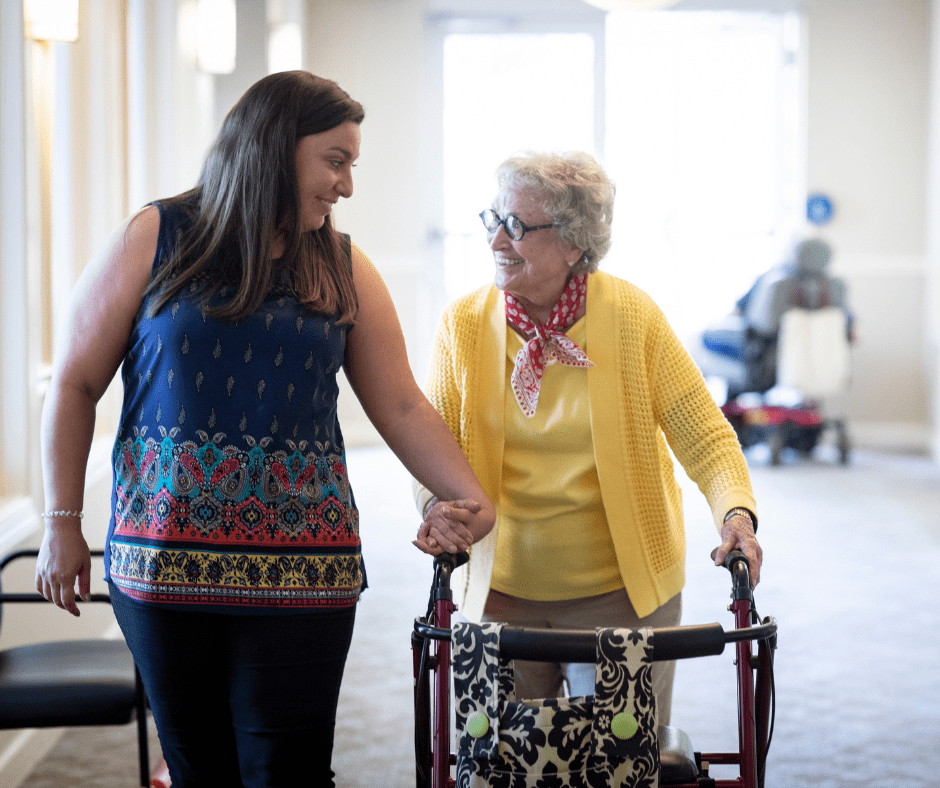
Discover the benefits of respite stays in senior living communities. Short-term stays offer renewed purpose, social connections, and a preview of vibrant community life.

Discover senior living options tailored to every stage of aging, from independent living to memory care. Grace Management offers compassionate, personalized care.

Discover the benefits of assisted living: independence, support, vibrant activities, and exceptional care. Explore Grace Management, Inc. communities today!

Both respite stays and respite care can provide individuals, their loved ones, and caregivers a welcome break from their day-to-day routine. There are important differences that determine the best setting for you or a loved one.

Discover independent living for older adults with Grace Management, Inc.—enjoy freedom, social engagement, tailored amenities, and a vibrant lifestyle.

With advancing dementia or Alzheimer’s, customized care is vital. Knowing when to move from assisted living to memory care is crucial for safety and well-being.

Making the move to a senior living community can have a number of positive effects on your life, but did you know it could even improve your overall wellness?

Choosing the right environment goes beyond just choosing a place to live; it can impact our overall well-being and happiness. Explore the important role that the right living environment plays for seniors.

Let’s explore common questions about assisted living to understand why it could be the ideal choice for you or your loved one.

In this blog, we’ll explore key factors indicating your readiness for an Independent Living community, helping you decide if it’s the right time to make the move.
